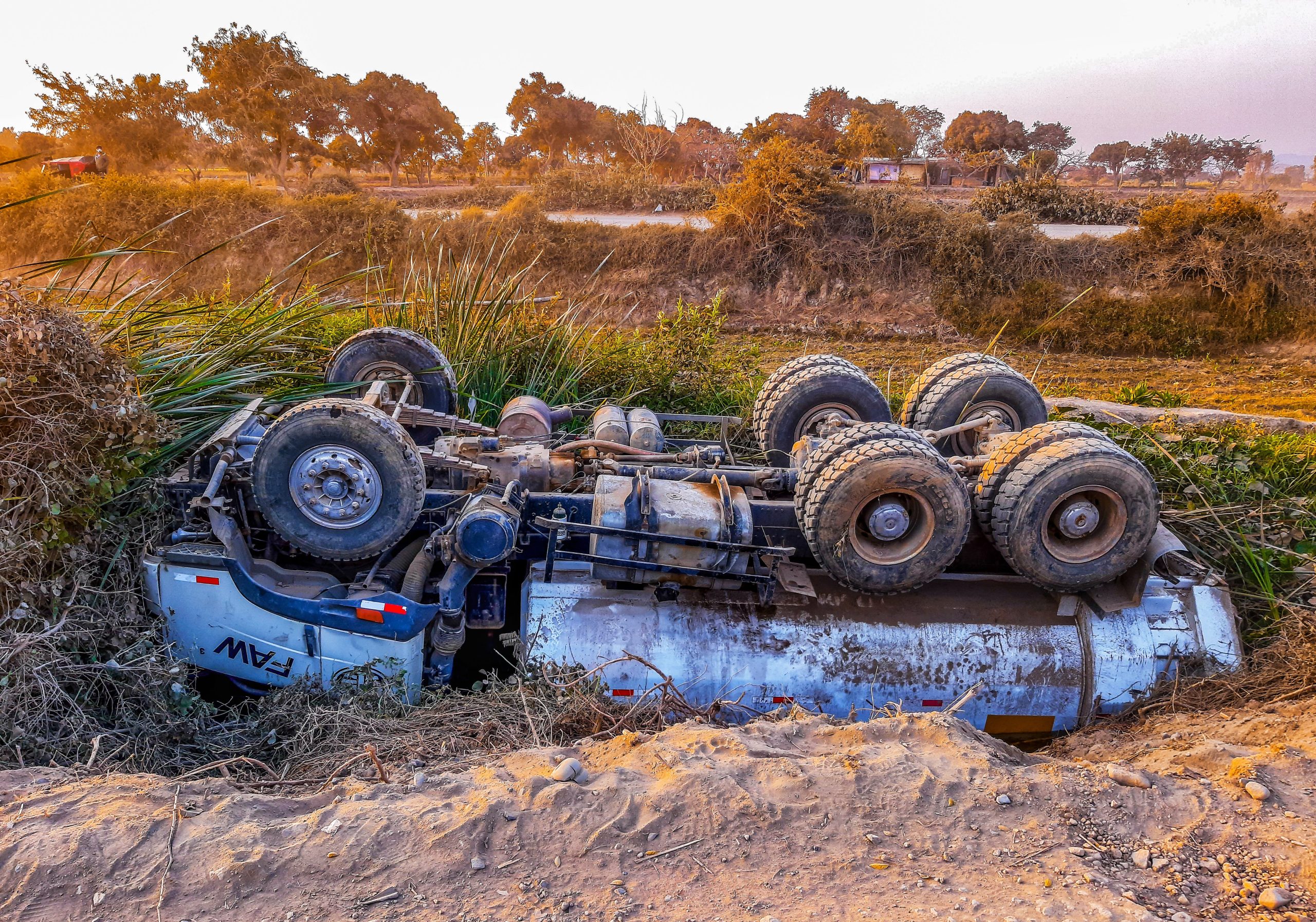Truck accidents in Washington State can be devastating and so common that many victims have to deal with physical, emotional, and financial damages. It is important to understand the complex procedure of filing a personal injury claim in order to obtain the rightful compensation that you deserve. Remember that an Everett personal injury lawyer can help you navigate this claim.
Understanding Washington State Laws
In Washington, truck accidents are compensated for under the fault-based insurance law where the victim and their insurer pay for damages. This system emphasizes liability, and understanding this is important for any individual seeking compensation.
There is also a limitation of time law in Washington that you must follow, stating that you have up to three years to start filing a lawsuit following an accident. Missing this deadline may lead to the forfeiture of your entitlement to compensation.
Another crucial part of Washington’s law is comparative fault. Compensation will be adjusted depending on the allocation of blame among parties whose negligence led to the incident. It is critical that you have an understanding of how comparative fault can be applied in your case because, in the end, it determines the amount of compensation you get.
What to do After a Truck Accident in Everett?
Following a truck crash in Everett, safety comes first. It’s important to take the necessary precautions after getting into an accident. I’ve listed some of the steps you should take after a truck accident below:
- Find a Safe Place: Take steps to secure the safety of you and any other involved individuals by relocating to a safe area, if you can.
- Seek Medical Attention: Ensure that at least one person seeks medical attention as soon as possible for any injury, even a mild one. Recording of injuries is pivotal for the subsequent adjudication and insurance actions.
- Provide Assistance: If you are able to, call 911 and then provide first aid to anyone who is seriously hurt
- Record the incident: Inform the Everett Police immediately or the appropriate officials. Police reports serve to make an official record of the accident and aid in determining liability–an essential point in the quest for reimbursement.
- Gather evidence at the accident scene: Take as many photos as possible. Take photos of the accident spot, damaged automobiles, and license plates. Take down information of potential witnesses if any. These are important in assessing the circumstances of the accident so as to help you get a claim for compensation in Everett.
Gathering Evidence
Strong truck accident claims are based on thorough documentation and records. There a few specific steps you should keep in mind when gathering evidence for your truck accident claim:
- First Step: Gather the police report – one of the essential pieces of evidence detailing the incident. It is also necessary to collect all medical bills, records, and reports that show the level of medical compensation incurred. The witness statements are also worthwhile since they give independent testimonies about the accident, which support your version.
- Second Step: Record all the damages caused by the accident such as the loss of property. Capture images of the damage done to your car and other personal properties injured during the accident.
- Third Step: Take photos and videos. Capture the accident scene from different angles and distances covering any applicable skid or road conditions, traffic signals, or signs in the environment. Video records from adjacent security cameras or cars may provide more views that will support your argument.
Collecting these types of evidence boosts your ability to make a strong argument for compensation.
Identifying the At-Fault Party
Determination of liability in truck accident cases is a complicated issue that necessitates close scrutiny of the involved events. It is essential to understand who is liable to avoid a failed claim. Evaluating aspects like traffic rules, driver behaviors, the road’s condition and the vehicles that are involved is typical of most truck accidents.
There are different people that could be at fault in case of a truck accident such as truck drivers, trucking companies, third parties like vehicle maintenance providers, or cargo loaders. All these parties may have different levels of responsibilities, and it is important to determine all potentially liable parties so that you can get appropriate compensation.
Investigative actions may involve gathering evidence, interrogating eyewitnesses, examining footage of closed-circuit television cameras, or scrutinizing of the truck’s maintenance and driver’s records. The deeper and wider the investigation you conduct, the stronger your case is, which makes certain that liability is assessed correctly and your rights are protected when you file your claims.
Contacting Your Insurance Company
After a truck accident, you should immediately inform your insurer. Despite thinking that the other party is fully to blame, your insurance company has to be in the know about that. It might undermine your cover and complicate claims processes if you don’t.
At this point, you should have a good grasp of your insurance policy and coverage. Revise your insurance policy to establish whether you are covered on liability, personal injury, and comprehensive cover. It is necessary to understand your policy so as to go through the claims process and secure the benefits that pertain to you.
Underinsured/ uninsured motorist coverage (UIM/UM), is very crucial in your insurance policy when, for instance, you’ve had an accident with someone or some people whose automobile insurance is not sufficient. UIM/UM coverage offers assistance in closing the loophole and filling the gap for compensation if the responsible company’s insurance does not cover everything.
Consulting an Attorney
In an event where a truck accident claim case is complex, it is essential to hire a knowledgeable Everett truck accident lawyer. These attorneys know their way through the intricacies of such cases and can help secure you the damages you deserve and compensation for injuries sustained. They are very useful, they can advise you, negotiate for you, and defend you in court if it becomes necessary and this greatly improves your success chance.
Make sure to discuss fees and payment structures before officially retaining an attorney. Most of these individuals operate under a contingency fee system where payment is only required once your case wins. This agreement will also help you cut the cost and at the same time encourage your attorney to come up with the best outcome on your case.




No Comment